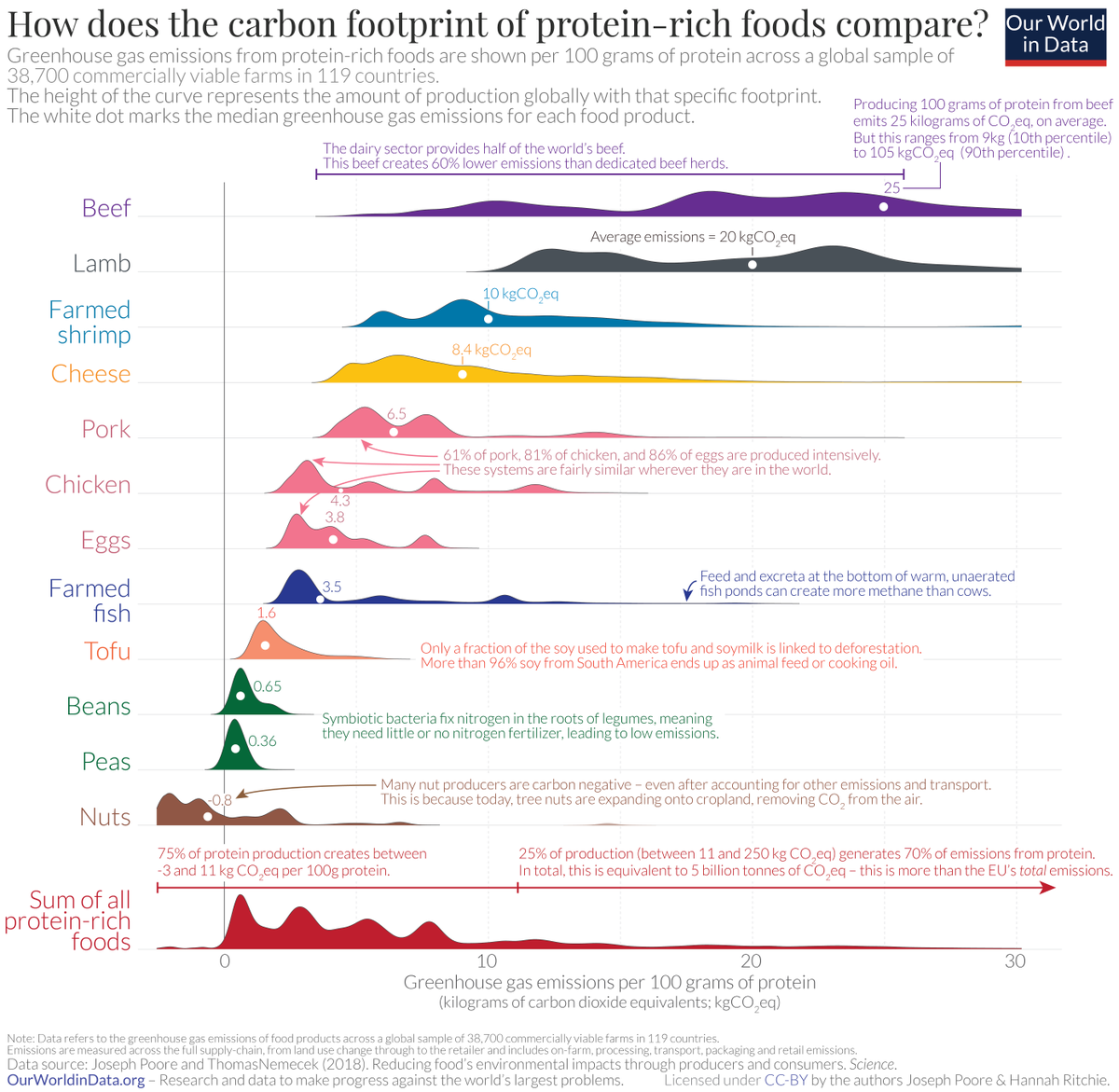And we’ve noticed it being used to shut down discussion about the societal and environmental benefits of eating #localfood - so we did some digging below the controversial headline.
[1/11]
[2/11]
[3/11]
[4/11]
[6/11]
[7/11]
[8/11]
[9/11]
[10/11]
[11/11]






